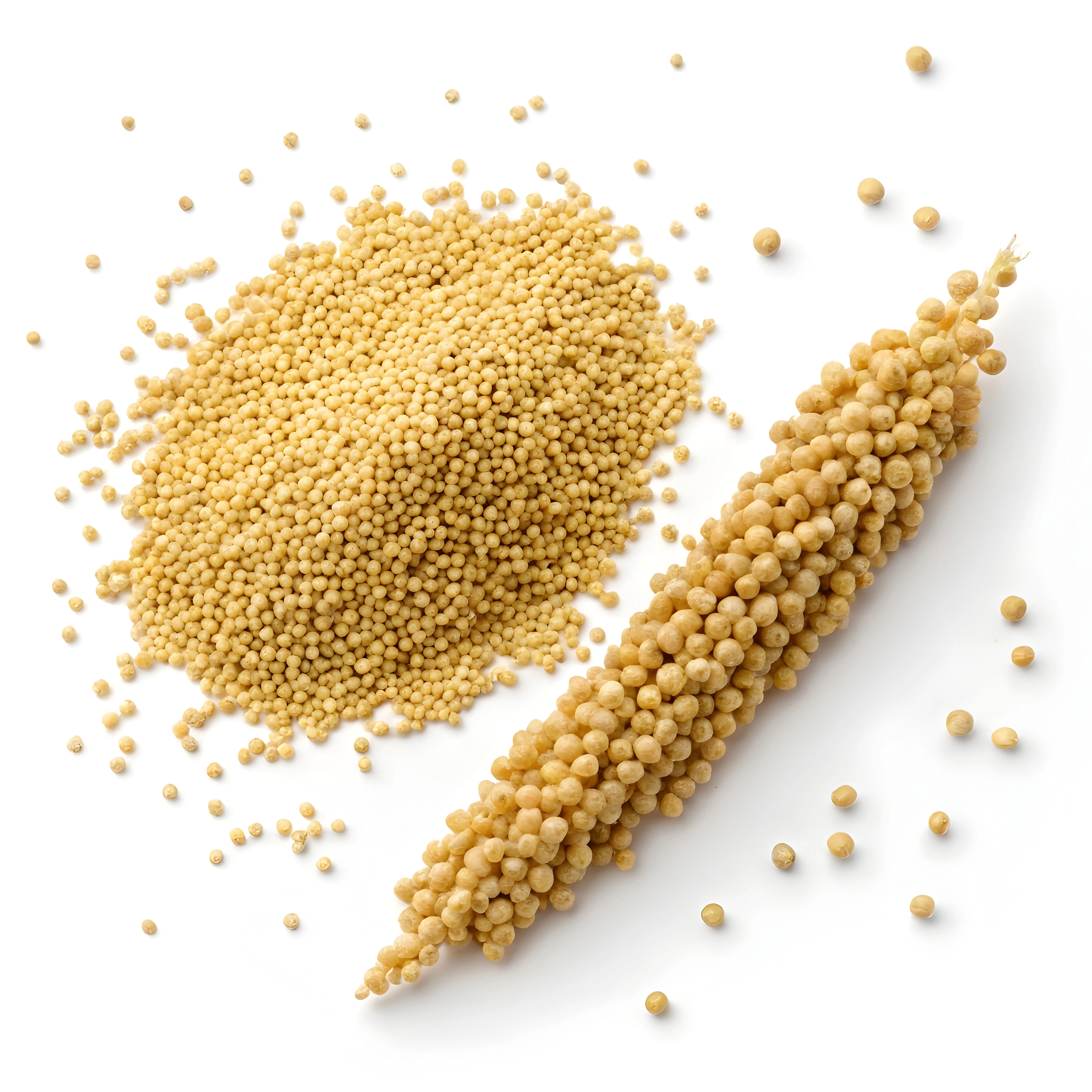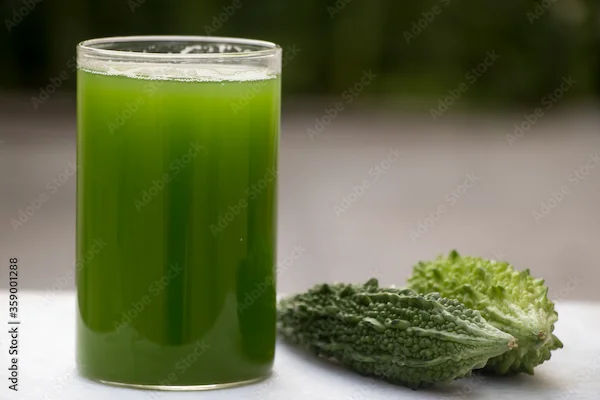Brahmi: Ayurvedic Uses, Benefits, and Side Effects Explained
Discover brahmi benefits: an Ayurvedic memory booster and brain tonic. Learn evidence, uses, dosage, side effects, and safety tips before you try it.

Written by Dr. Mohammed Kamran
Reviewed by Dr. Dhankecha Mayank Dineshbhai MBBS
Last updated on 13th Jan, 2026

Introduction
If you’re looking for natural ways to support focus, learning, and recall, you’ve likely heard of brahmi. In Ayurveda, brahmi is famed as a memory booster and “brain tonic.” But what does modern research say? In this guide, we explain what brahmi is, summarize the best evidence on brahmi benefits, outline safety and side effects, and share practical tips on choosing and using it wisely.
What is Brahmi?
In Ayurveda, the name “brahmi” is used for two different plants:
- Bacopa monnieri (the one most studied for memory and cognition)
- Centella asiatica (commonly called gotu kola)
- This article focuses on Bacopa monnieri, often labeled as “Bacopa” or “Bacopa monnieri (brahmi)” on supplement bottles.
- Key active compounds in Bacopa are called bacosides. Laboratory and small human studies suggest they may influence brain signaling, protect brain cells from oxidative stress, and support learning and memory over time. More high-quality research is still needed.
Traditional Ayurvedic Uses
- In Ayurveda, brahmi is considered a medhya rasayana—an herb traditionally used to support intellect, memory, and mental calm.
- Historically, it has been used for:
- Memory, learning, and concentration
- Stress and anxiousness
- General cognitive vigor as a “brain tonic”
Note: Traditional uses do not always equal proven clinical benefits. Always look for human studies.
Evidence-based brahmi benefits: How strong is science?
Human research on Bacopa monnieri is growing but still limited. Most clinical trials are small and run for 8–12 weeks, using standardized extracts. Here’s what the evidence suggests:
Memory and learning in healthy adults
- Several randomized controlled trials and meta-analyses suggest Bacopa can improve certain aspects of memory (such as delayed recall) and processing speed after daily use for at least 8–12 weeks.
- Effects are modest and build slowly; it’s not a quick stimulant.
Attention and information processing
Some studies show improvements in attention and cognitive processing in adults using standardized Bacopa extracts. Results are mixed and may depend on the product used and the population studied.
Stress and mental well-being
- A few small trials report reduced perceived stress and mild anxiolytic (calming) effects with Bacopa. More rigorous, larger studies are needed.Cognitive aging
- Early research suggests potential benefits for age-related cognitive changes, but there is not enough high-quality evidence to recommend Bacopa for preventing dementia or treating Alzheimer’s disease.
ADHD and children
Limited research in children with attention challenges shows mixed results. This should only be considered under medical supervision.
- Bottom line on brahmi benefits: Bacopa may help with certain memory and attention measures when taken regularly for weeks or months, but it is not a cure-all. Lifestyle factors like sleep, physical activity, social engagement, and managing health conditions remain essential for brain health.
How long does Bacopa take to work?
- Expect gradual effects. Most studies report changes after 8–12 weeks of daily use.
- You may not notice benefits in the first few weeks, even if the herb is working in the background.
Common forms and how to choose a product
Forms: Capsules, tablets, powders, and liquid extracts. In Ayurveda, brahmi is also used in ghee preparations, but most modern studies use standardized capsule/tablet extracts.
What to look for:
- The label should say Bacopa monnieri (not just “brahmi”).
- A standardized extract listing bacosides contents (commonly 20–55%).
- Third-party testing seals such as USP, NSF, or ConsumerLab to help verify quality.
- Avoid products with proprietary blends that do not disclose Bacopa amount or standardization.
Suggested dosing used in studies
- Many clinical trials used about 300 mg per day of a standardized Bacopa monnieri extract for at least 8–12 weeks.
- Some products split the dose (e.g., 150 mg twice daily).
- Taking it with food may reduce stomach upset.
- Important: There is no universally established medical dose. Talk with your clinician, especially if you take medications or have health conditions.
Safety, side effects, and interactions
- Bacopa is generally well tolerated in studies, but side effects can occur—especially at higher doses or when starting out.
Common side effects
- Stomach upset, increased bowel movements, nausea, cramps, diarrhea
- Fatigue or drowsiness
- Dry mouth or bloating
Consult a Top Ayurveda Specialist for Personalised Advice
Less common concerns and cautions
- Thyroid function: Limited evidence suggests Bacopa may influence thyroid hormones. If you have a thyroid disorder or take thyroid medication, consult your clinician and monitor labs as advised.
- Sedatives and calming agents: Bacopa may add to sedative effects. Use caution if you take sleep aids, anxiolytics, or consume alcohol.
- Cholinergic drugs: Because Bacopa may affect cholinergic pathways, interactions with certain medications for memory or other conditions are theoretically possible. Discuss with your healthcare professional.
- Pregnancy and breastfeeding: Safety is not established—avoid unless your clinician advises otherwise.
- Surgery: Because of potential sedative effects, stop use at least 1–2 weeks before a planned procedure (ask your surgical team for guidance).
Who should avoid or use extra caution?
- Pregnant or breastfeeding individuals
- People with thyroid conditions or on thyroid medications
- Those taking sedatives, anticholinergic or cholinergic drugs, or with significant GI conditions
- Anyone with multiple medications or chronic conditions—speak with your healthcare provider first
Brahmi vs. gotu kola: avoid label confusion
- Both Bacopa monnieri and Centella asiatica are sometimes called “brahmi,” but they are different plants with different evidence bases.
- For memory and attention research, look for Bacopa monnieri on the label and a stated bacosides percentage.
How to use brahmi wisely alongside healthy habits?
- Even if you’re exploring a memory booster like Bacopa, focus on the proven pillars of brain health:
- Prioritize 7–9 hours of sleep and treat sleep apnea if present.
- Be physically active; aerobic and resistance training support cognition.
- Eat a balanced, plant-forward diet (Mediterranean-style patterns are well studied).
- Stay socially engaged and mentally active (learning, hobbies, languages).
- Manage cardiovascular risks (blood pressure, blood sugar, cholesterol, weight).
- These habits have the strongest evidence for maintaining brain function across the lifespan.
Practical checklist before you start Bacopa
- Review your medications with a clinician or pharmacist for interactions.
- Choose a standardized, third-party-tested product.
- Start low and go slow to assess tolerance.
- Track your sleep, mood, focus, and bowel habits for the first 12 weeks.
- Reassess benefit vs. side effects with your clinician at 8–12 weeks.
Consult a Top Ayurveda Specialist for Personalised Advice
Consult a Top Ayurveda Specialist for Personalised Advice

Dr. Pepsy Jose
Panchakarma Practitioner
14 Years • BAMS, MD Ayurveda (Panchakarma)
Bengaluru
AYURRHYTHM HOLISTIC CLINIC AND PANCHAKARMA THERAPY, Bengaluru

Dr. Rik Sadhukhan
Ayurveda Practitioner
8 Years • BAMS
Kolkata
Vedhive Ayurveda, Ballygunge, Kolkata

Dr. Shiv Prakash Singh
Ayurveda Practitioner
19 Years • BAMS
Kolkata
Vedhive Ayurveda College Street, Kolkata

Dr. Anjan Das
Ayurveda Practitioner
8 Years • Ayurvedacharya ( B.A.M.S )
Dumdum
Vedhive Ayurveda Clinic, Dumdum
Consult a Top Ayurveda Specialist for Personalised Advice

Dr. Pepsy Jose
Panchakarma Practitioner
14 Years • BAMS, MD Ayurveda (Panchakarma)
Bengaluru
AYURRHYTHM HOLISTIC CLINIC AND PANCHAKARMA THERAPY, Bengaluru

Dr. Rik Sadhukhan
Ayurveda Practitioner
8 Years • BAMS
Kolkata
Vedhive Ayurveda, Ballygunge, Kolkata

Dr. Shiv Prakash Singh
Ayurveda Practitioner
19 Years • BAMS
Kolkata
Vedhive Ayurveda College Street, Kolkata

Dr. Anjan Das
Ayurveda Practitioner
8 Years • Ayurvedacharya ( B.A.M.S )
Dumdum
Vedhive Ayurveda Clinic, Dumdum
More articles from General Medical Consultation
Frequently Asked Questions
Is brahmi the same as Bacopa?
In many Ayurvedic contexts, yes—brahmi often refers to Bacopa monnieri. But sometimes “brahmi” is used for gotu kola (Centella asiatica). For memory research, you want Bacopa monnieri, clearly listed on the label.
How long before I notice the results?
Most studies show benefits after 8–12 weeks of daily use. It’s not a quick stimulant; effects build gradually.
Can brahmi help with anxiety or stress?
Some small studies suggest Bacopa may reduce perceived stress and have mild calming effects. Evidence is preliminary. If you have an anxiety disorder, talk to your clinician about comprehensive treatment options.
Is Bacopa safe to take with antidepressants or thyroid medications?
It can interact with some medicines, especially those that affect sedation or thyroid function. Do not combine without medical advice. Your clinician may monitor for side effects and adjust doses if needed.
What dose should I take?
Many trials used around 300 mg daily of a standardized Bacopa monnieri extract for at least 8–12 weeks. Products vary, so follow the label and consult a healthcare professional for personalized guidance.




